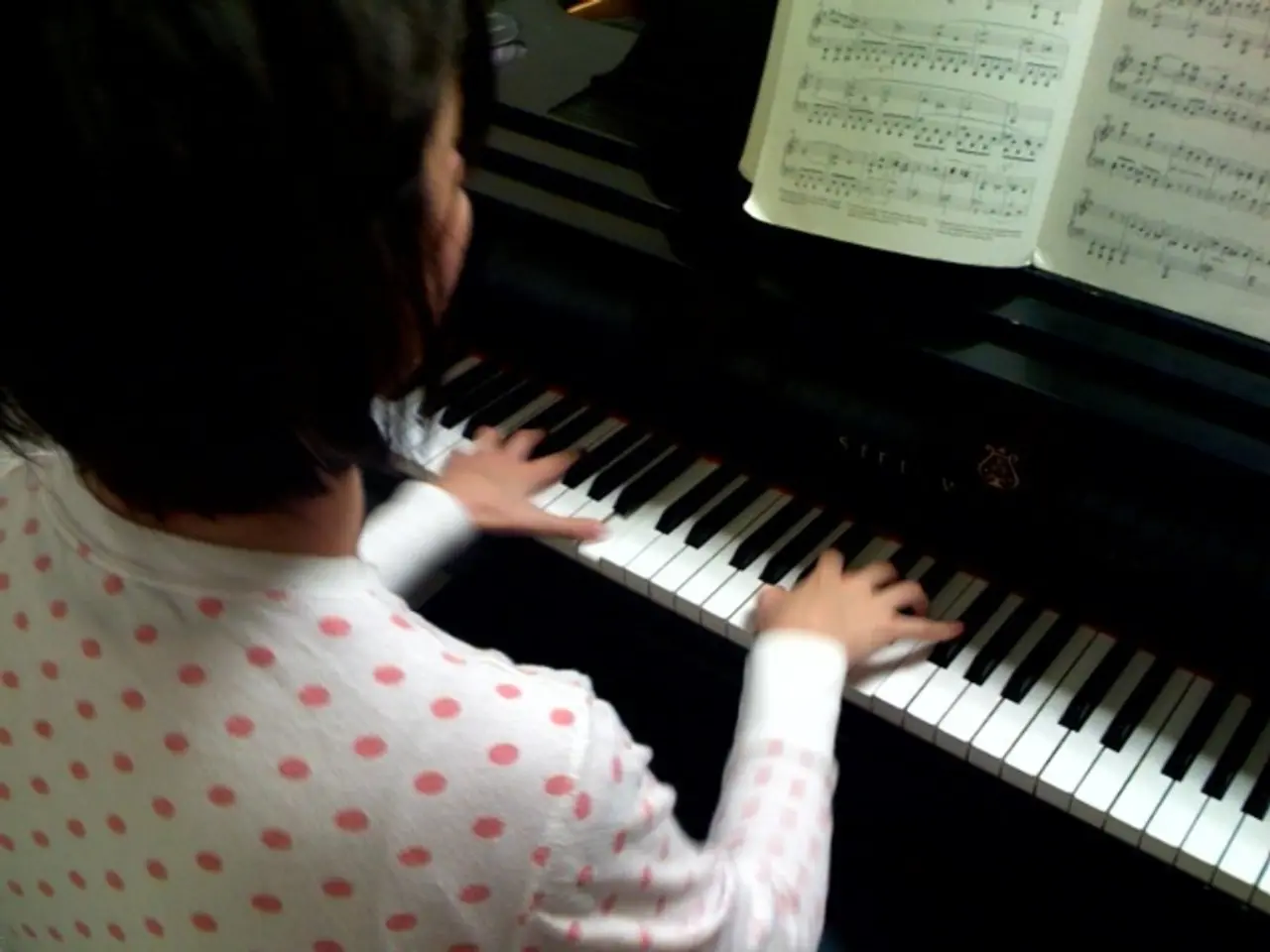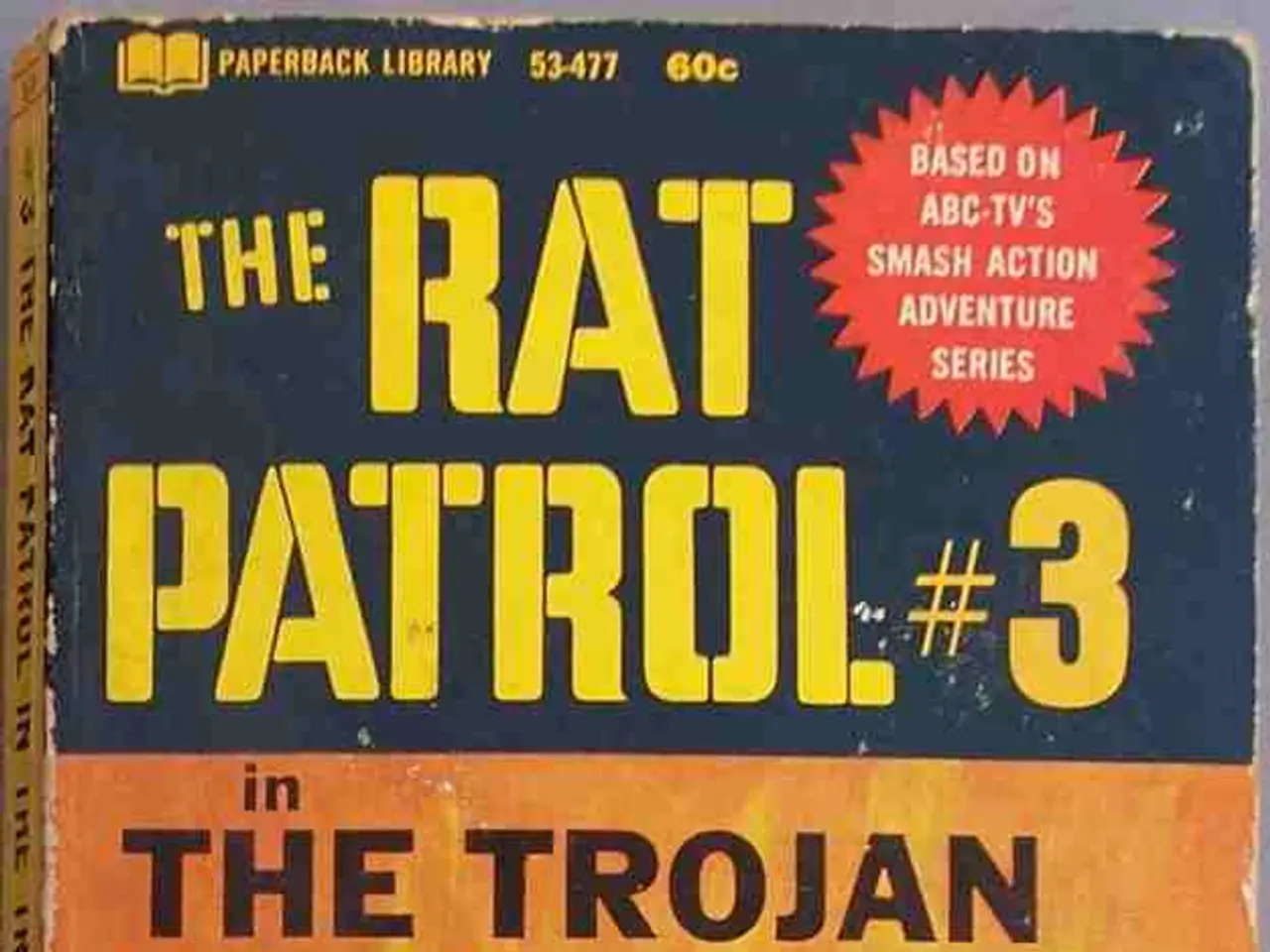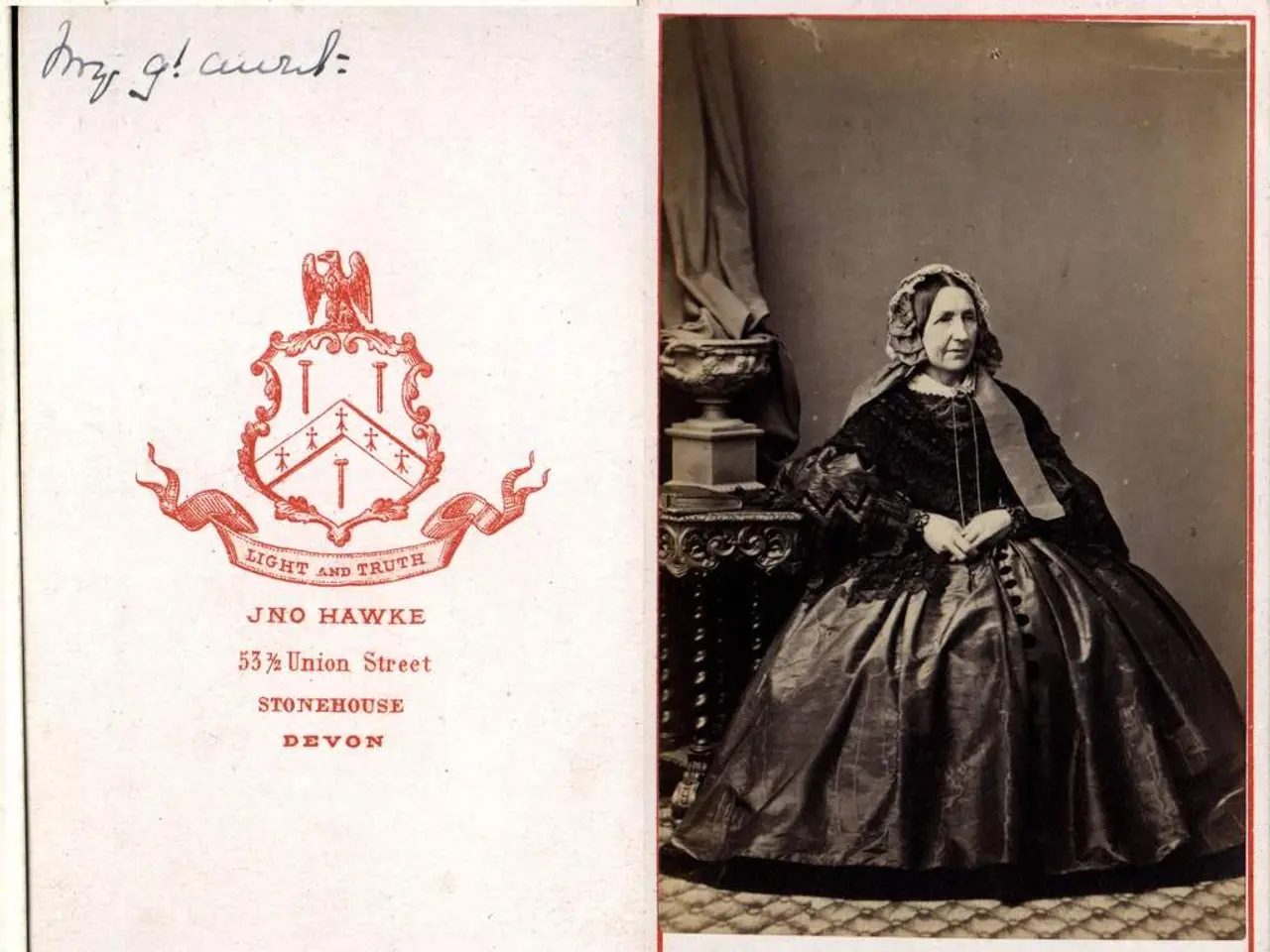Frequent queries concerning piano tuning frequency.
Maintaining the Sound Quality of Your Piano: A Guide
A well-maintained piano should hold its tuning for approximately six months, providing a pleasing sound for your ears until the next tuning. However, neglecting to tune a piano for an extended period can lead to a decrease in sound quality, as the harmonics' partials may not resonate properly, causing the piano to sound quieter and less clear.
To ensure optimal sound quality, it's recommended to tune your piano 2 to 4 times a year. This general guideline can vary depending on the piano's type, age, size, and usage. For instance, larger grand pianos and more complex instruments like player pianos may require more frequent and careful tuning due to their size and mechanical complexity. Upright pianos, on the other hand, typically need slightly less frequent tuning but still benefit from regular care.
Older pianos, especially those with aging pinblocks or compromised structural parts, may require more frequent maintenance to maintain tuning stability. Larger pianos with more strings (concert grands) might take longer to tune and may need more precise tuning schedules because of their complexity.
Seasonal changes causing fluctuations in humidity and temperature can also affect tuning stability, warranting tuning sessions spaced 3 to 6 months apart, or more often in environments with large climate variations. After moving a piano, it's best to wait a couple of weeks to allow the instrument to acclimate before tuning to ensure better stability.
Frequent tuning can actually stabilize a piano’s tuning over time better than long intervals between tunings, preventing the strings from settling into less optimal tensions and preserving sound quality. Involving a skilled piano technician for regular check-ups not only tunes but can improve tone and performance through adjustments to the action and alignment.
In an ideal scenario, pianos should be continuously tuned to maintain optimal sound quality. For concert quality or professional use, even more frequent tuning and adjustment may be recommended.
For amateur pianists or those not seeking perfection in sound quality, tuning the piano annually can be a suitable option. However, it's important to note that neglecting to tune a piano for more than twelve months can be harmful to the instrument and challenging for the technician, potentially leading to damaged strings or pin blocks.
Pianos in theatres, piano schools, and music establishments should be regularly tuned to maintain instrument quality. In important theatres, pianos should be tuned before and after concerts.
Smaller pianos, such as upright pianos, compensate for their lack of physical space by using thicker strings, which can make the pins loose earlier. Therefore, it's advisable to tune a piano again within a year to prevent harm and facilitate the tuning process.
Advanced and intermediate pianists may need to tune their pianos every three to four months, particularly after season changes. More demanding pianists should consider these factors to ensure their instrument remains in top condition.
For more information on piano maintenance and care, visit The WKMT Blog. Regularly tuning a piano is essential to maintain its condition and prolong its lifespan.
Advanced pianists might find it necessary to tune their instruments every three to four months, especially following season changes, to preserve the piano's sound quality and ensure optimal performance. Amateur pianists, on the other hand, can typically keep their pianos in good condition by tuning annually, but maintenance could become more frequent for older or complex instruments that demand advanced levels of entertainment, such as large concert grand pianos played by professional composers.







